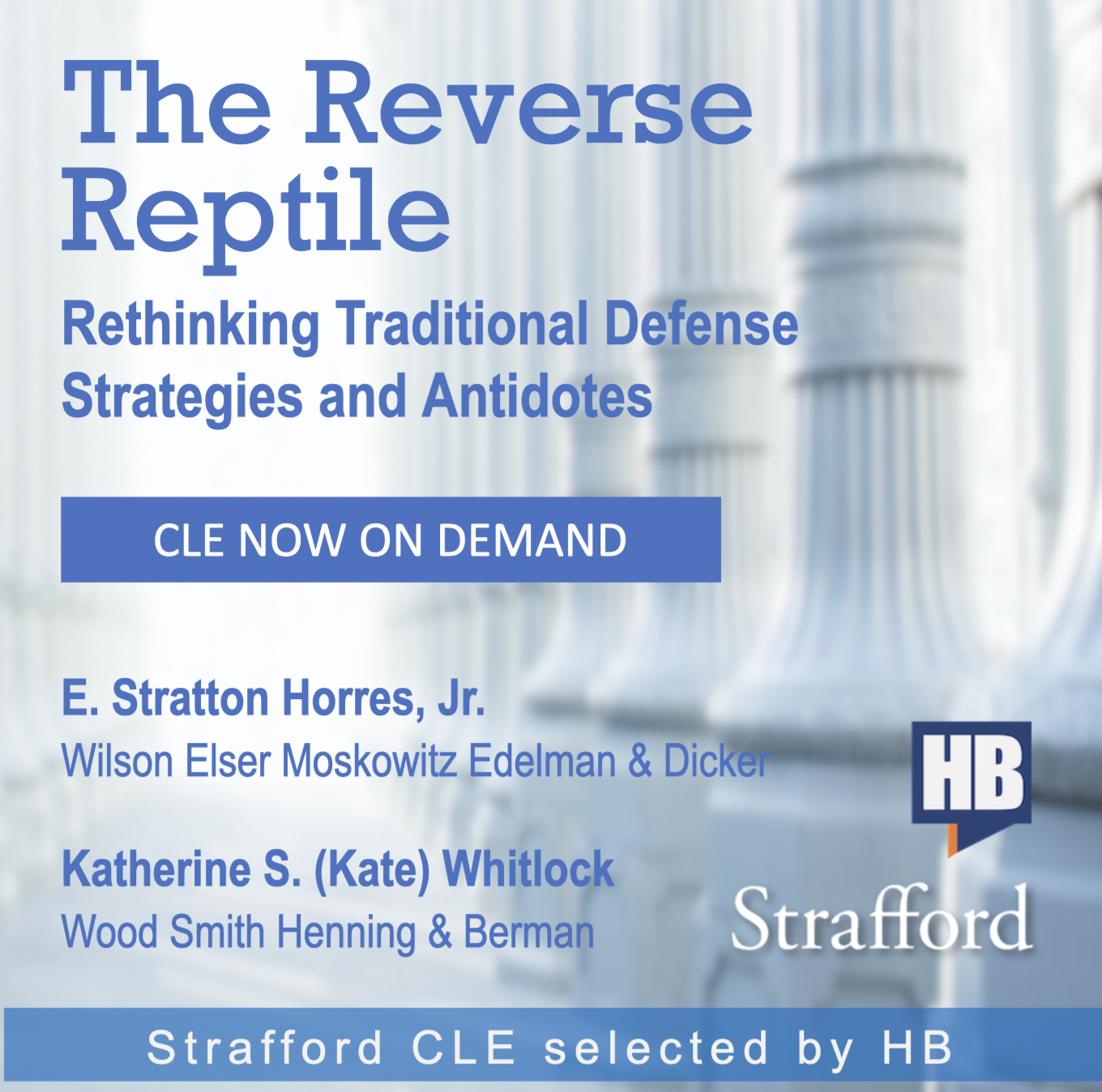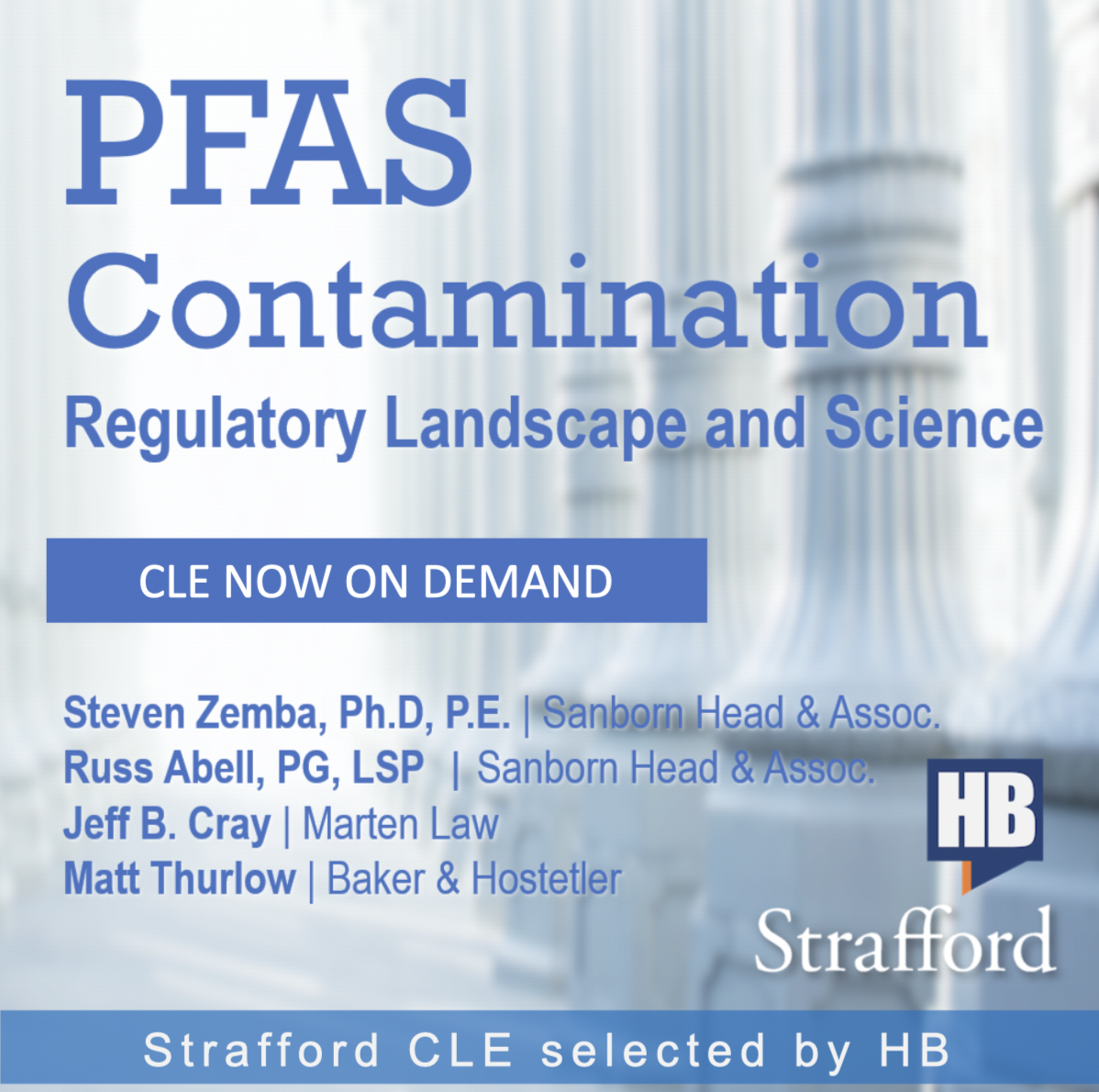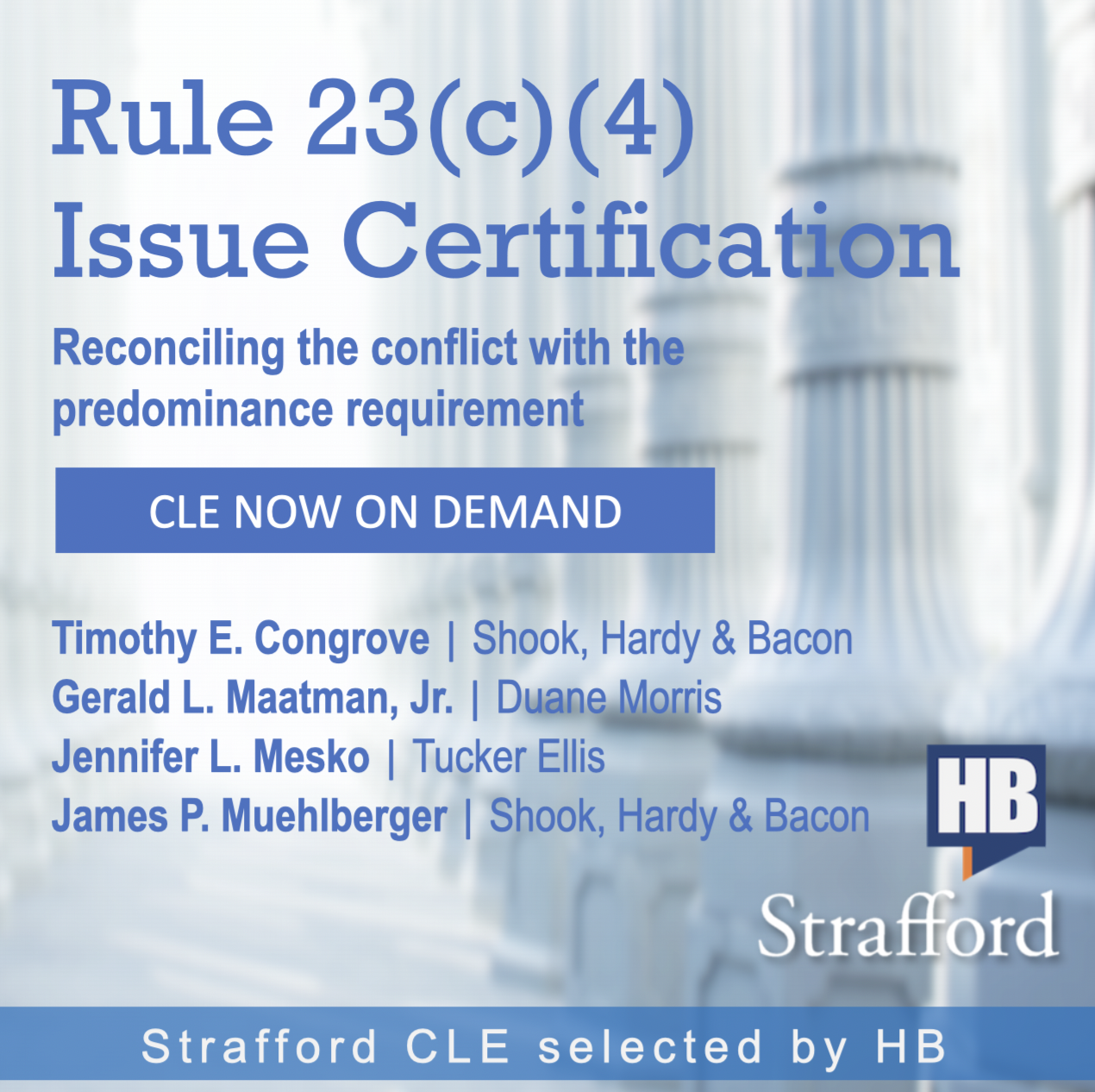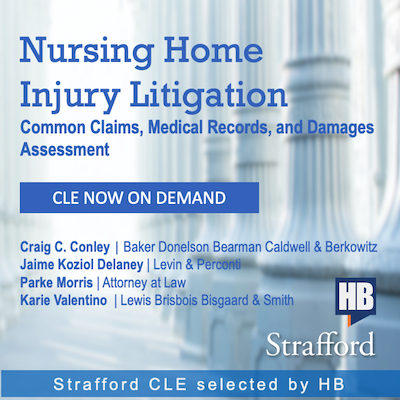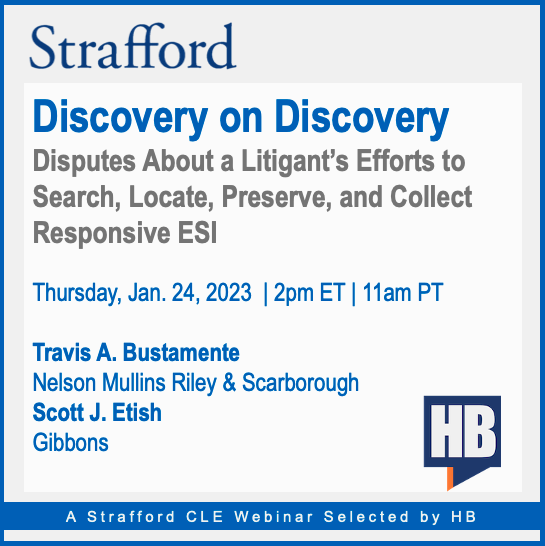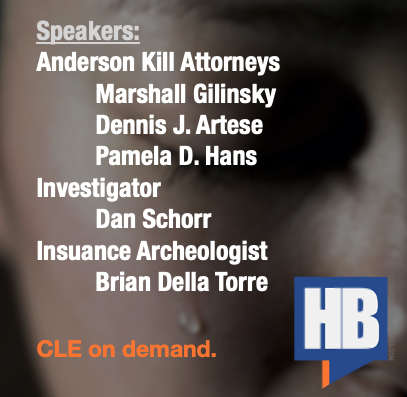The Reverse Reptile: Rethinking Traditional Defense Strategies and Antidotes
The Reverse Reptile: Rethinking Traditional Defense Strategies and Antidotes Photo by Jeremy McGilvrey on Unsplash "Reptile theory" is a challenging and often-discussed plaintiff's trial strategy. It subtly encourages jurors to envision themselves in the same situation as a plaintiff but with the power to "save" the plaintiff, themselves, and the community from future harm by awarding a large verdict. Much has been written and discussed about oral defenses against reptile strategy, such as during depositions and witness examinations, as well as during opening and closing. But there are also powerful tools and strategies that can be wielded in defense of this strategy: counter anchoring numbers on damages, humanizing the corporate defendant, motions in limine, trial briefs, and motions for new trial/judgment notwithstanding the verdict, among others. Knowing these strategies and how to present them, including drafting these motions and briefs carefully and precisely allows defense counsel [...]

